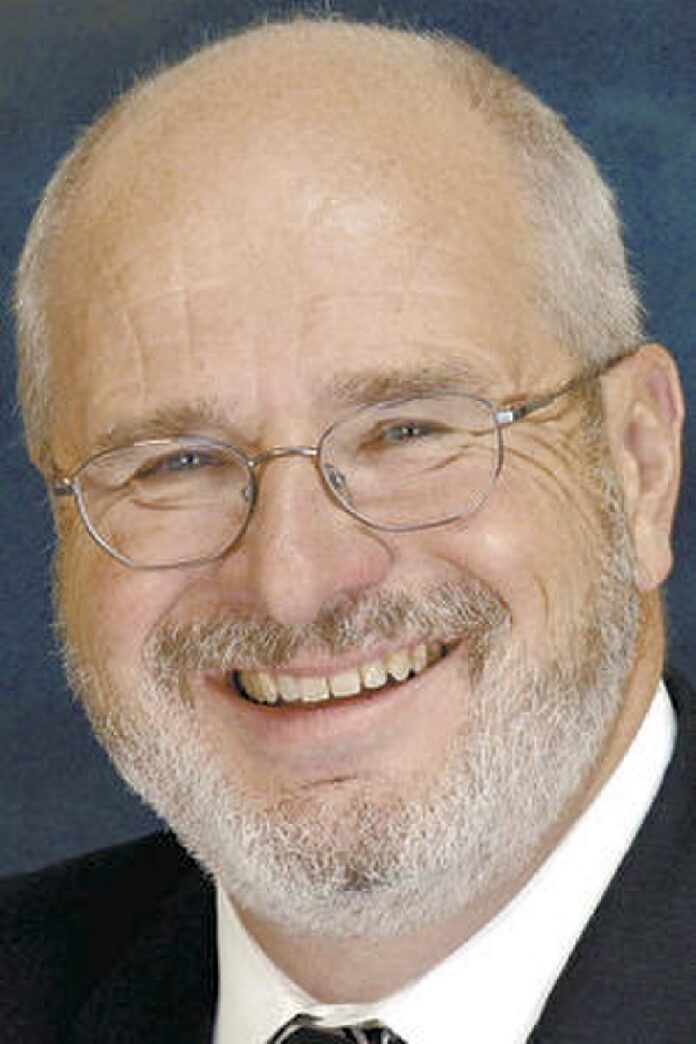Some problems can’t be anticipated.
But some can.
And, when we don’t think far enough ahead to solve them, we have no one to blame but ourselves.
Talking heads on both the right and the left now are fulminating about the labor shortage. Conservatives say it is the result of government programs that pay people not to work. Progressives argue it is the product of a short-sighted corporate culture that hasn’t been welcoming to potential employees from varied backgrounds.
Both sides, though, act as if the emergence of this problem is a shock.
It isn’t.
Economists have been warning us for the past decade that a worldwide labor shortage was coming—one that likely will crest in the year 2030. Some estimates suggest the gap between the need for labor and the availability of workers could be as large as 25 percent.
It’s not likely that these estimates are off by much.
In some ways, calculating who will be available to work nine years from now is just a math problem. Everyone who will be in the workforce in 2030 is alive now, so the numbers are easy to run.
There are myriad sources for this shortage—declining birth rates (especially around the time of the Great Recession of 2008), shifting demographic patterns, etc.—but they are less important than figuring out what to do about it.
A shortage creates demand. A demand for labor will drive up wages, which we already are seeing.
I have seen fast-food restaurants offering $500 signing bonuses in addition to starting hourly rates that are more than twice the national minimum wage. One particularly inventive pizza parlor promises anyone who inquires about a job and agrees to sit for an interview a large pie, along with appetizers and drink.
Expect more of that to go on. Smart businesses already have sensed that the terrain is shifting—that they will have to be more accommodating to workers’ needs and concerns if they are to survive, much less thrive, in the coming days.
Eventually, politicians of both parties will catch up.
They will begin to realize that the old model of aggressively adversarial relationships between management and labor are outdated. The cities, states and countries that will prosper are the ones that develop more collaborative ways of working. They will figure out how to balance and even align the interests of management and labor rather than pit them against each other.
That will mean several things.
The first is that labor-baiting battles such as the struggle Indiana went through to enact “right-to-work” legislation a few years ago that were short-sighted then will be positively self-destructive and suicidal now. Engaging in campaigns to suppress wages when everyone everywhere is competing for workers will make no sense at all.
The second is that wise nations will be looking for talented and hardworking people wherever they can find them. Those nations will be working to build bridges, create pathways and open doors to immigrants, rather than erecting walls and establishing barriers.
The third—and perhaps most important—is that this intensified demand for labor, if it is handled well, could alleviate the huge wealth inequality problem in the United States and elsewhere. It would be good if this great need for good workers restored the middle class once again, because there is not much evidence that a self-governing society can remain vibrant without one.
We can continue, on both the left and right, complaining about how this labor shortage surprised us. Doing so would be a waste of time and energy, but both sides of our political and ideological divide seem to like squandering both of those.
Or we could start planning for what’s coming.
Doing so isn’t as easy as complaining.
But it’s a lot more productive.
John Krull is director of Franklin College’s Pulliam School of Journalism and publisher of TheStatehouseFile.com, a news website powered by Franklin College journalism students. Send comments to [email protected].




